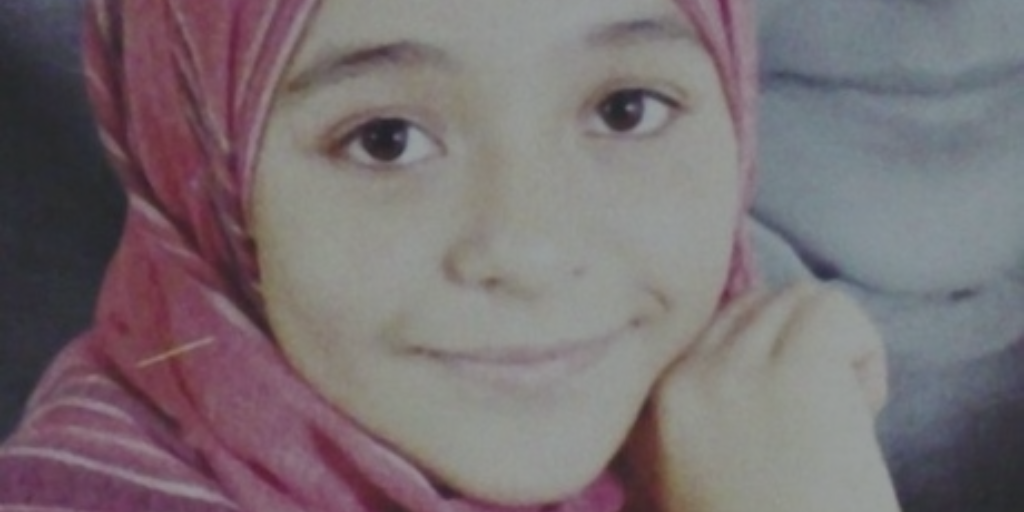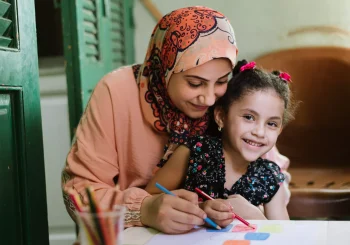Security forces in Egypt’s Daqahliya governorate have imprisoned Raslan Fadl, the first Egyptian doctor to be brought to trial and convicted for performing a female genital mutilation (FGM) procedure that killed a 13-year-old girl.
While a press release from the Women’s Center for Guidance and Legal Awareness in Egypt hailed Daqahliya’s security forces for finding Fadl and implementing his prison sentence, the center’s executive director Reda El Danbouki told Newsweek that Fadl turned himself in to the authorities “because of the increasing pressure on him from Egyptian and international media.”
Fadl was sentenced in January 2015 to two years in prison with hard labor for manslaughter and three months for performing the banned practice and killing 13-year-old Soheir Al-Bataa during the procedure. However, in December of that year, two separate reports from National Public Radio (NPR) and Vice claimed that Fadl was continuing to practice medicine in his village in Mansoura.
A few months later, it was reported that an Egyptian court had revoked Fadl’s license.
FGM continues to be a widespread practice in Egypt, despite being banned in 2008. Article 242 of Egypt’s Penal Code criminalizes the circumcision of girls and the punishment for performing FGM is a prison sentence ranging from three months to two years or a fine of EGP 5,000.
According to the 2015 Egypt Health Issues Survey (EHIS), around 9 in 10 women aged 15-49 have undergone the procedure. This number is only four percent lower than statistics from a 2008 survey.
The study found a greater prevalence of the practice among those with lower levels of education and those living in rural areas, compared to respondents living in urban areas and with higher levels of education and wealth.
According to the World Health Organization, Egypt, Somalia, Guinea, Djibouti and Sierra Leone have the highest rates of FGM. A 2013 UNICEF report found that Egypt has the world’s highest total number of FGM sufferers, with 27.2 million women having undergone FGM.







Comments (0)